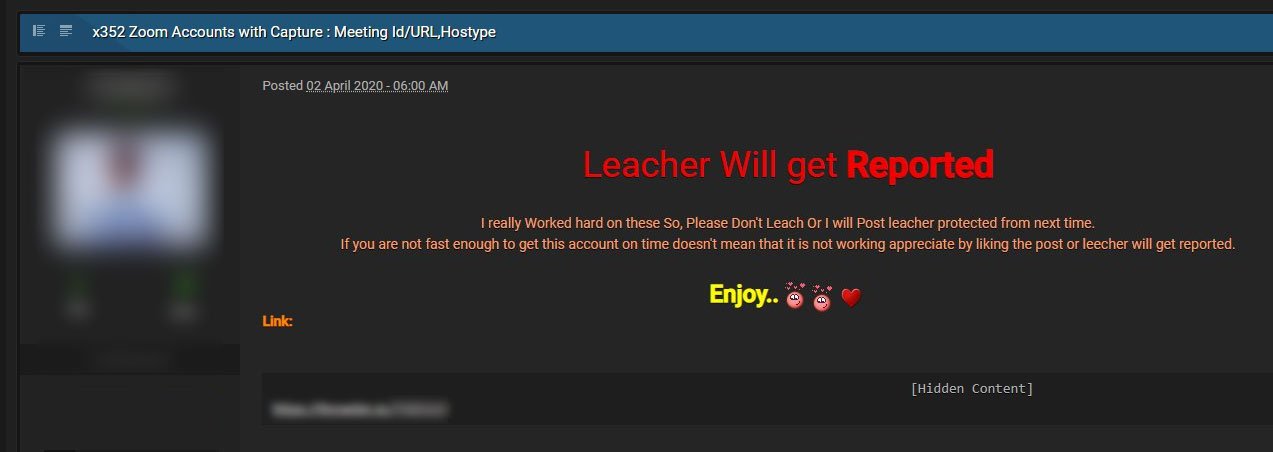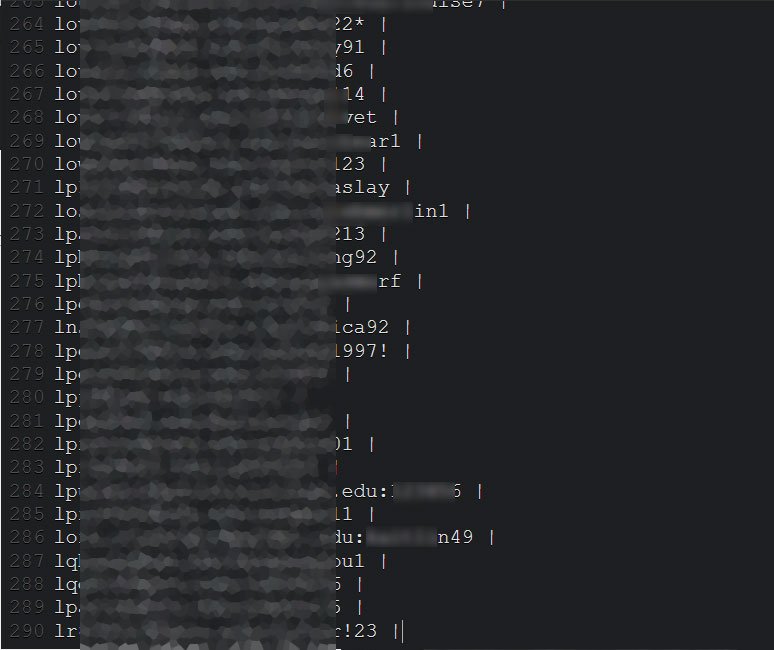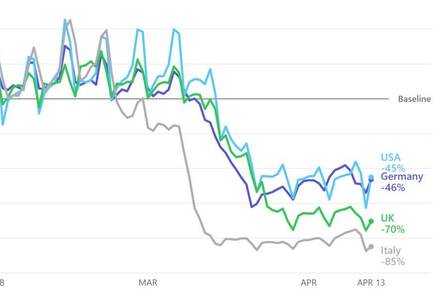Leading health experts have labelled Donald Trump’s decision to cut funding to the World Health Organization (WHO) as a “crime against humanity” and a “damnable” act that will cost lives.
The move also drew a rebuke from the head of the United Nations, who said the WHO was “absolutely critical to the world’s efforts to win the war against Covid-19”.
Late on Tuesday Trump declared US funding would be put on hold for 60-90 days pending a review “to assess the World Health Organization’s role in severely mismanaging and covering up the spread of the coronavirus”. The US is the single largest contributor to the WHO.
Richard Horton, the editor-in-chief of the Lancet medical journal, wrote that Trump’s decision was “a crime against humanity … Every scientist, every health worker, every citizen must resist and rebel against this appalling betrayal of global solidarity.”
Antonio Guterres, the UN secretary general, said it was “not the time” to cut funding or to question errors. “Once we have finally turned the page on this epidemic, there must be a time to look back fully to understand how such a disease emerged and spread its devastation so quickly across the globe, and how all those involved reacted to the crisis,” said Guterres.
“The lessons learned will be essential to effectively address similar challenges, as they may arise in the future. But now is not that time … It is also not the time to reduce the resources for the operations of the World Health Organization or any other humanitarian organization in the fight against the virus.”
Echoing Guterres’s plea, Dr Amesh Adalja, a senior scholar at the Johns Hopkins University Center for Health Security, said the WHO did make mistakes and may need reform but that work needed to take place after the crisis had passed. “It’s not the middle of a pandemic that you do this type of thing,” he said.
Dr Nahid Bhadelia, an infectious disease doctor and associate professor at Boston University’s school of medicine, said the cut was “an absolute disaster. WHO is a global technical partner, the platform through which sovereign countries share data/technology, our eyes on the global scope of this pandemic.”
Laurie Garrett, a former senior fellow of the Council on Foreign Relations, said the decision was a “damnable” act by a “spiteful” Trump and would cost lives. “Meanwhile, WHO is the only lifeline most African, Latin American and Asia Pacific nations have.”
Lawrence Gostin, the director of the WHO centre on public health and human rights, predicted the US would ultimately lose out because other countries would step into the vacuum with increased funding. “In global health and amidst a pandemic, America will lose its voice,” said Gostin.
The WHO has come under fire over some aspects of its handling of the pandemic, and has been accused of being too deferential to China, considering the Communist party’s early suppression of information and punishment of whistleblowers. Much of the focus of the criticism has been on a 14 January tweet from the WHO that said “preliminary investigations conducted by the Chinese authorities have found no clear evidence of human-to-human transmission”. But WHO officials also told their counterparts in technical briefings on 10 and 11 January, and briefed the press on 14 January, that human-to-human transmission was a strong possibility given the experience of past coronavirus epidemics and urged suitable precautions.
The WHO has also been attacked over its continuing exclusion of Taiwan from membership because Beijing considers it to be Chinese territory. Trump’s decision to cut funding was welcomed in some quarters, including by the Hong Kong democracy activist Joshua Wong, who called the WHO an “arm of Chinese diplomacy”.
Trump’s pronouncement came amid sustained criticism of his failure to prepare for the epidemic, which has infected more than 600,000 people and killed more than 24,000 inside his country. The US is the worst affected country in the world in terms of infection numbers. On Wednesday it was reported that $1,200 relief cheques for as many as 70 million people could be delayed for several days because Trump wanted his name printed on them.



